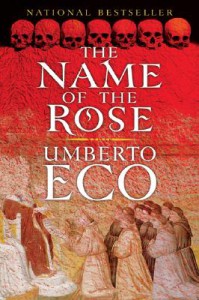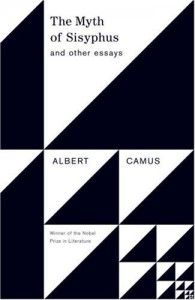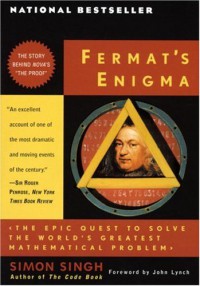
Regardless of how one feels about the Bible, Christianity and religion, one can't deny that they (especially the Bible) had a huge impact on today's culture, art and literature. While reading this book, I felt almost ashamed of my ignorance and lack of knowledge and understanding of certain historical events and the Bible, even though I've read it before.
I plan to correct that in the near future, and read the book again after I finish re-reading the Bible, this time with much more respect than I gave it while I was reading it for the first time. And not because this book had turned me into a religious fanatic or a believer, but because I'm sure that I'll enjoy it even more with proper understanding, or at least, knowing the Bible (and also after having read works by Occam, Aquinas and others mentioned) and better understand symbolism of certain things and events.
I must admit that I'm not a fan of mystery novels, mainly because the solution of the mystery is often trivial and without any deeper meaning. It's like - let's make things complicated, so we could make them less complicated, and in between write some shi**y book. The End. (??)
But here, the mystery served wonderfully as a basis, background for bringing up many things for the discussion between characters. Not one single page bored me. Like I said before, not a fan of mystery, and although it kept things more interesting and suspense, my main points of focus were dialogues between William and Adso, which I especially enjoyed. I also liked the way William was slowly leading Adso to the solution, and revealing him (and the reader) just enough information so he can properly ponder over it.
And if only more men of faith had his views towards religion, faith and science, they could have saved the world a whole lot of trouble, and we would live in much different society today.
All in all, excellent book.
Highly recommend.
 Wonderful book.
Wonderful book.








































